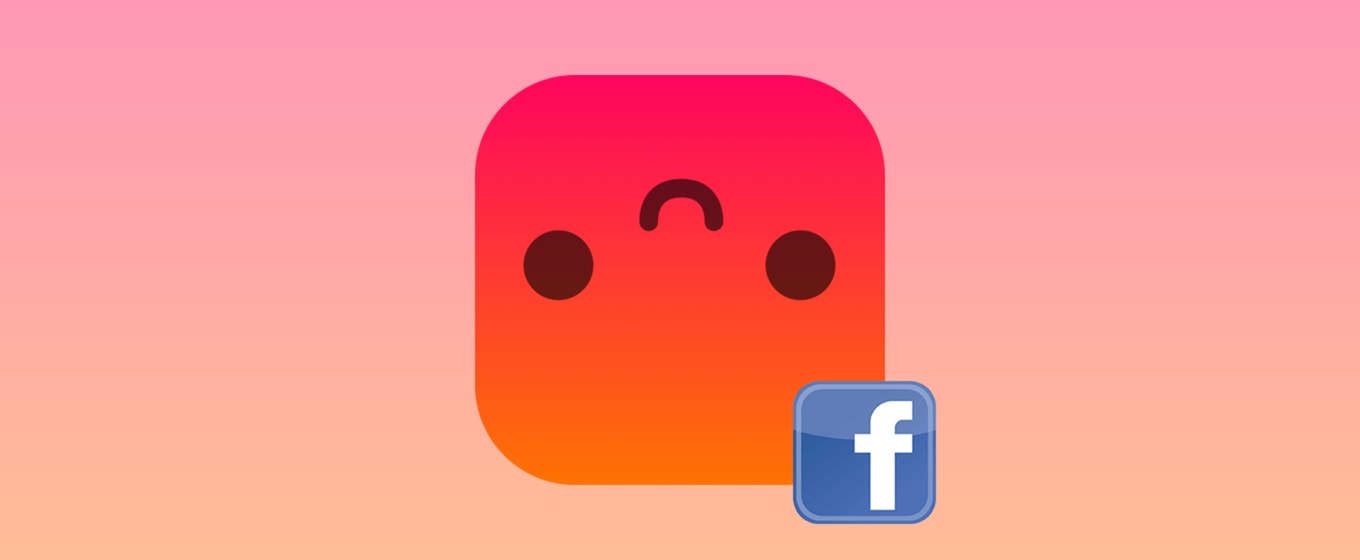Despite Facebook’s overwhelming success to date, the company has faced its fair share of criticism from privacy campaigners. With people increasingly sharing more data through the social network, various relaxations to the platform’s privacy settings have raised concerns about the security of its users. While Facebook has implemented measures to try and allay such fears, many believe they haven’t gone far enough. Now, with the release of Lifestage, its new video-sharing app for teenagers, the company has landed itself in even more controversy.
The app, which launched in the US last Friday, was designed by 19-year-old Michael Sayman, who joined Facebook straight from school in 2014. With stats revealing that just 8% of Facebook users in the US are aged 13-19, Facebook is hoping the release of Lifestage will help it grab a chunk of the teenage market that is currently glued to Snapchat, the multimedia messaging app it tried to acquire for $3 billion back in 2013. But while Snapchat users can choose who they share their pics and videos with, such controls don’t exist on Lifestage, and it’s this that has caused a backlash from teenagers, parents and anyone who cares about privacy.
Before taking a deeper look at Lifestage’s security features – or lack of – we thought it might be handy to tell you a little more about the app itself.
What is Lifestage?
Lifestage lets under-21s create a profile that is made up entirely of “video fields”. Users are encouraged to film short clips of themselves that show their ‘happy face’, ‘sad face’, ‘embarrassed face’, their likes and dislikes, and how they dance and sing. They can even show other users what’s in their fridge. The profile can then be shared with other students at their high school, but only once 20 other students from the school are using the app. Lifestage has no instant messaging function but users can add their Instagram and Snapchat handles to their profile.
As Sayman explained in a Facebook post, the app harks back to the college-dorm origins of Facebook. “Back in 2004, Facebook was all about “who I am”. I could post my relationship status. I could share what my favorite music was. And it was all about expressing myself,” he said. “Today as Facebook has grown into so much more, we see the opportunity to explore that concept of “who I am” once again, but for Generation Z in 2016.”
Who can use Lifestage?
Technically, anyone can use Lifestage. However, as it’s designed for students aged 21 and under, people aged 22 or older are only able to see their own profile if they download the app. That being said, the app is linked to a person’s phone number instead of their Facebook account, which means it’s relatively easy for somebody to lie about their age. Nor is there anything to prevent somebody (falsely) claiming they attend a specific school.
But the element that has raised the most concern is the apparent lack of privacy settings on the app. While users can report anyone they believe to be suspicious, they can’t ultimately control who sees their profile. This is outlined in a message as soon as somebody signs up to Lifestage:
“Everything you post in Lifestage is always public and viewable by everyone, inside and outside your school. There is no way to limit the audience of your videos. All videos you upload to your profile and record are fully public content.”
There have already been calls for Facebook to review Lifestage’s privacy measures, including from Get Safe Online, the internet safety awareness body. Speaking to the Mirror Online, chief executive Tony Neate said that the public nature of the app is “hugely concerning”.
"Many children are unaware of who exactly can see what they post, and how what they post can be used by the wrong people to either steal private information, or even make fun of them,” said Neale. “I hope that in the immediate future, these privacy issues will be addressed by the app, giving users control of who sees their content."
The app isn’t going down all that well with users either, with one reviewer describing it as “very dangerous” and another saying they “don't like how much information you have to give out.”
It’s still early days for Lifestage, but based on the reception it’s received thus far, it might not be making its way into the hands of British teenagers anytime soon. Or ever.




These cookies are set by a range of social media services that we have added to the site to enable you to share our content with your friends and networks. They are capable of tracking your browser across other sites and building up a profile of your interests. This may impact the content and messages you see on other websites you visit.
If you do not allow these cookies you may not be able to use or see these sharing tools.